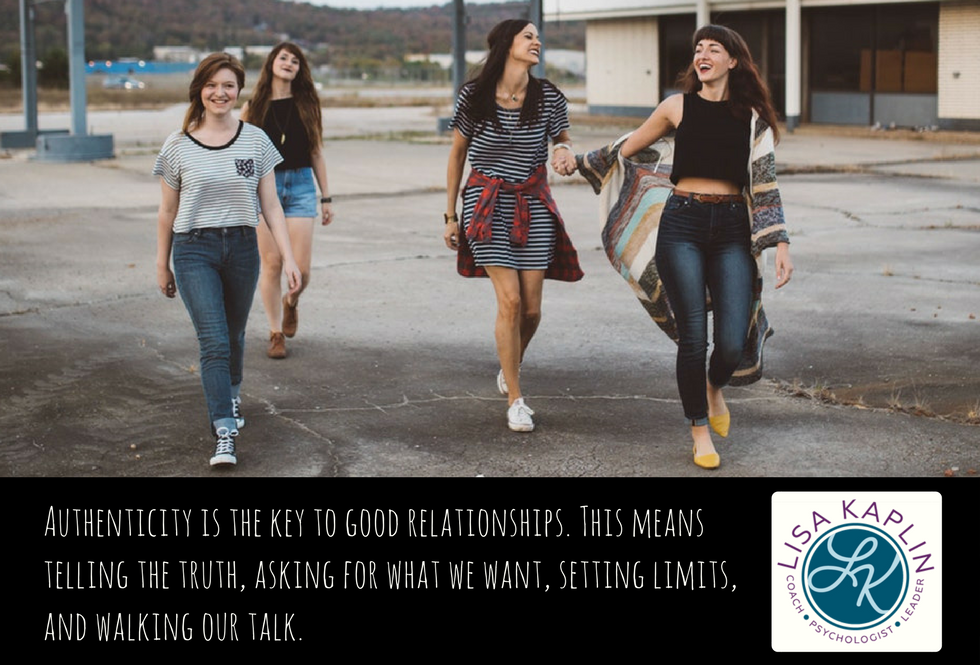A friend asked me to write about the topic of female friendships. She noticed that most of her female friends are telling their daughters how to be good friends, yet not modeling those behaviors themselves. It’s an interesting, yet disappointing point of view and one that I see frequently. Ultimately, our children learn the most from watching how we interact with others and much less from listening to our lectures on those same topics. So here are a few thoughts/suggestions around this issue.
Your #daughter is watching. What type of friend do you want to model for her? #rolemodels #parenting Click To Tweet- Gossip happens. Well really, most of us choose to gossip. It doesn’t just happen. What might be some ways for us to choose more carefully to show our children that our words matter? I’ve caught myself gossiping in front of my daughter. Later, I realized how disconnected that must feel for her since we also talk about being kind to others. I’m working at being more aware of this gossipy behavior. I’m also talking to my girl regarding judgment of others and showing empathy versus judgment. I’ve also come to realize that when I’m critical of others, I’m really feeling unhappy and critical of myself. It turns out that happens more frequently than I like to admit.
- We don’t need to be friends with everyone, yet being kind to everyone is essential. I ask my girl not to exclude others, yet there are times when I don’t want to be with some people. I’ve realized that it’s important to talk to my daughter about setting limits in relationships while doing it with love and kindness versus sneaky manipulation. Also, inclusion, even if it’s uncomfortable, may often be better than exclusion in that hurting others is never a good choice.
- Authenticity is the key to good relationships. This means telling the truth, asking for what we want, setting limits, and walking our talk. If we don’t want to be gossiped about, then we shouldn’t gossip. If we want to be included, then we shouldn’t exclude. These can be difficult life lessons. Putting on a fake smile and pretending everything is okay is often easier than having the tough conversations. However, the tough conversations are better for all of us in the long run.
- Acceptance of ourselves and others will lead to healthier relationships and happier interactions. Learning to accept and even enjoy the irritating aspects of friends is how we grow up. No friend is perfect, but accepting their imperfections certainly is. I’m not suggesting that we have to be close friends with everyone, but rather learn to accept our close friends just as they are and hope that they will do the same for us.
One of the greatest insights I’ve had about parenting is that my kids don’t really listen to what I’m saying. They are quite pleasant and fun to be around, but when I start to give them advice, they don’t seem all that interested. Yet I notice that they are very aware of how I show up in the world and are happy to point out when my words don’t match my behaviors. It turns out that what I do is far more important than what I say. Your daughter is watching. What type of friend do you want to model for her?
Love,

Lisa Kaplin Psy. D. PCC

